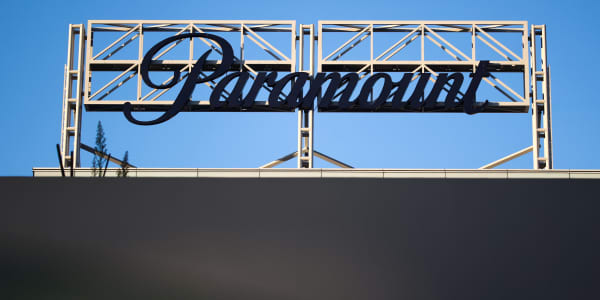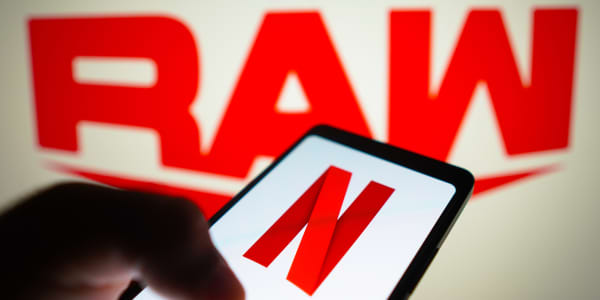High-yield bonds have bounced back from the winter's lows, and junk-rated debt will do even better if oil keeps making gains.
Citigroup energy strategists have targeted $50 for year-end West Texas Intermediate crude prices. If that proves true, there could be an interesting impact on the high-yield debt market, which was crushed by the sell-off in energy company bonds.
Credit analysts at Citigroup studied the relationship, and they found where the correlation matters most for investors.
High yield weighed heavily on the overall junk bond market, as investors feared contagion across the entire sector. Oil drillers were selling at 30 to 40 cents on the dollar, and some remain cheap for fear of more bankruptcies.
But as crude prices have risen from a low of $26.05 per barrel on Feb. 11, high yield has also improved. The Yield Book high-yield index is currently yielding 8.16 percent, down from nearly 10 percent in early February. When energy names are excluded, the yield is 7.5 percent, according to Citigroup.
WTI crude settled 3.7 percent lower at $36.50 a barrel on Tuesday.
The Citi analysts looked at a group of junk-rated energy names and they found that the sensitivity of spreads to oil declines by about 75 percent when oil rises above $50 per barrel.
"And to our minds, the reaction of energy spreads to a rebound in oil might at least initially be outsized. We recognize that underweights in the sector are rather prevalent, and a bounce in oil, compounded with the prevailing low degree of market conviction, could result in a further short squeeze," they wrote in a note.
The strategists noted that there are risks to this analysis, and they compared their group of a dozen energy companies for future leverage, free cash flow and EBTIDA at current oil prices — of around $35 — and the Citi forecast of $50 by year-end.
Read MoreIn game of survival, oil drillers have been doing this
"The lower-for-longer oil price scenario, where we assume that oil stays at current levels ($35) through 2017, would result in draconian fundamentals. Leverage would jump to 8.3 times for the typical company in our sample (from 3.8 times as of Q4 2015). Were that not enough, the fall in EBITDA would make the ability to cover interest payments more suspect and growing negative cash flows would make balance sheet management extremely difficult," they wrote.
But if Citi's oil forecast is right, the outlook is much better.
They noted based on 2017 estimates, net leverage is much lower than in the scenario where oil stays at current levels. EBITDA for the companies is more than $100 million higher and cash flows are much less negative.
"I would say the rising tide lifted all boats," said Stephen Antczak, head of U.S. credit strategy at Citigroup.
"If oil just sloshed along at current levels, that wouldn't be a good thing," he said. "I think that the market is a little less worried about contagion and the market is a little more realistic about what fundamental default risk is now, versus a month ago."






